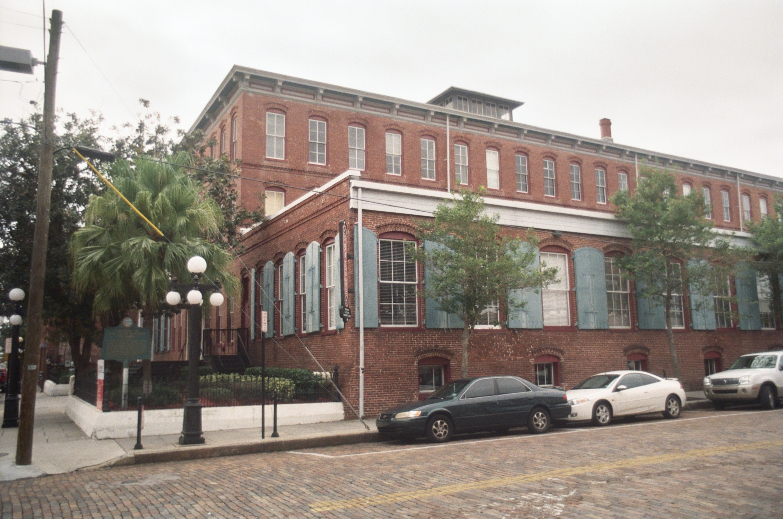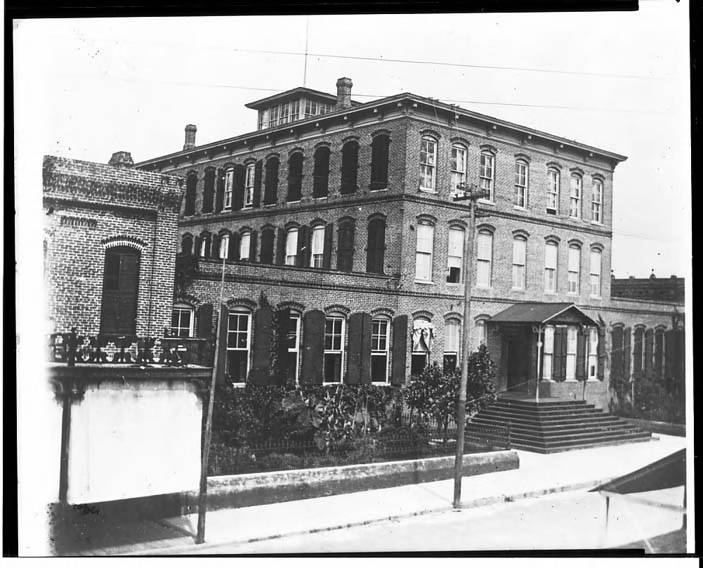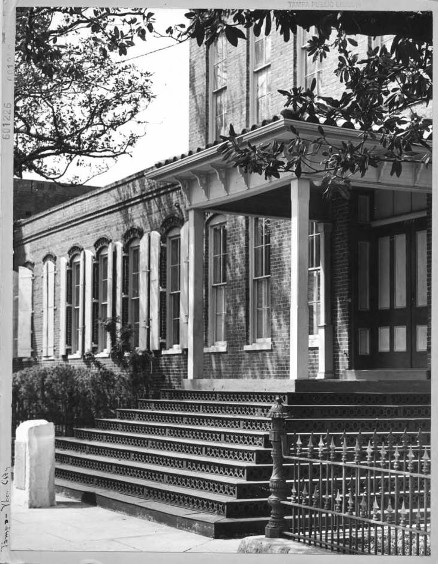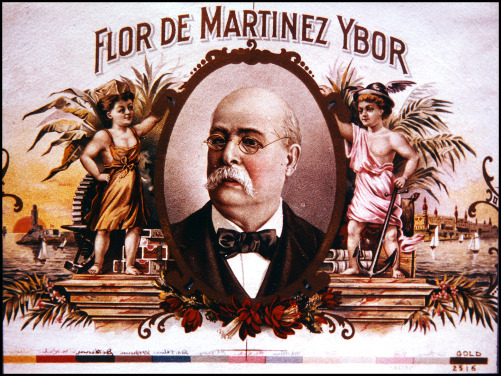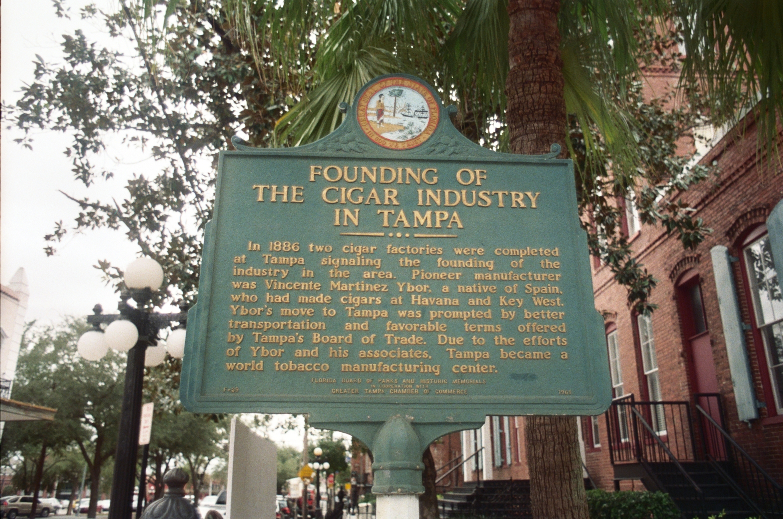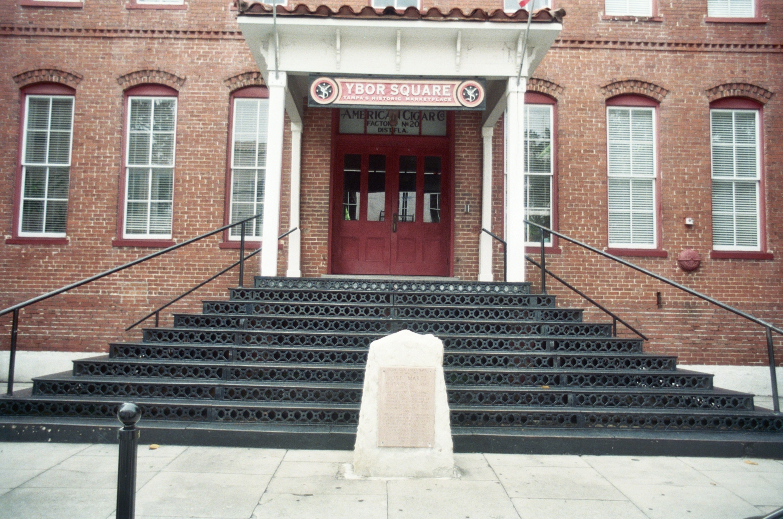Entire books can be written about Vicente Martinez (V. M.) Ybor’s life. I will try to touch upon the important events in his life that led to his founding of Ybor City, the Cigar Capitol of the World.
Cigar Brands: La Sagasta, Rosa de Junio, Flor de Madrid, Mi Perla, Bianca, La Perla, Castenera, Abundancia, El Triunfo, La Sublima, Panderetta, Amorosa, Messina, Flor de Roby, La Selegna, La Palladina, El Principe de Gales, La Mulysa, La Tenitas, Monona, Estancia, Cetina, Urbino, Anavah, El Abrazo, Madrilena, Telitah, Los Imortalles, Tasmania, La Chanita, La Genoa
V.M. Ybor was born in Valencia, Spain, in 1818. He immigrated to Cuba at the age of fourteen and after a brief stint as a grocery clerk, began to learn the cigar business. In 1856 Ybor founded his own cigar company in Havana, Cuba and began manufacturing his El Principe de Gales(“Prince of Wales”) brand. The brand quickly became popular, and Ybor’s factory was soon producing 20,000 cigars a day.
In 1869, V.M. Ybor slipped out of Cuba and found his way to Key West, FL. He had to leave to evade arrest for aiding Cuban Rebels during an uprising against Spain.
In Key West, he built another factory and continued to manufacture his very popular El Principe de Gales cigars. Due to unrest between Spanish and Cuban factory workers, Ybor was forced to find another location. His search brought him to Tampa, FL, where he purchased 40 acres of land from the Tampa Board of Trade. In the spring of 1886, VM Ybor founded the company town of Ybor City.
Photo Gallery (click images for full view)
V.M. Ybor built his third cigar factory but due to labor problems, could not beat Sanchez and Haya in becoming the first production cigar factory in town.
The Ybor City factory took up one square city block. Jose Marti from Cuba stood on one of its staircases and gave a rousing speech asking for support of Cuba during the revolution.
Now, the factory serves several purposes. In May of 2010, the Church of Scientology bought this factory. They will use it as administrative space and as a “place of assembly”. The old stemmary building, where the stems would be separated from the tobacco leaves, was home to a Spaghetti Warehouse restaurant, that has since closed. The local newspaper, Creative Loafing is using some of the space.

